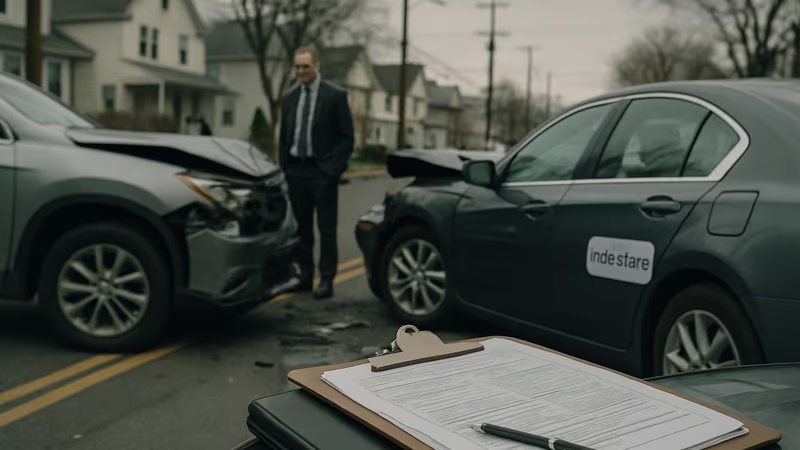Key Takeaway
NY court ruling shows Uber failed to prove driver was independent contractor, expanding rideshare company liability beyond app usage in personal injury cases.
Uy v Hussein, 2020 NY Slip Op 05080 (2d Dept. 2020)
“In any event, even considering Hussein’s affidavit, as well as an affidavit submitted in reply by Uber representative Chad Dobbs, which contained essentially the same averments as Hussein’s affidavit, Uber failed to meet its burden. An action may be considered to be within the scope of employment, thus rendering an employer vicariously liable for the conduct, when “the employee is engaged generally in the business of the employer, or if the act may be reasonably said to be necessary or incidental to such employment” (Pinto v Tenenbaum, 105 AD3d 930, 931). Whether an employee was acting within the scope of his or her employment is generally a question of fact for the jury (see Camisa v Rosen, 150 AD3d 809, 810-811).
Here, contrary to Uber’s contention, the averments of Hussein and Dobbs that Hussein had logged off of the Uber app 40 minutes before the accident were simply insufficient, without more, to eliminate all questions of fact as to whether Hussein was acting within the scope of his alleged employment with Uber at the time of the incident”
Add this to the Postmates case from March 2020 and the California Court’s examination of the Uber issue and it looks like Uber et. al. cannot escape liability. Why is this important? In most states, Uber et. al. writes $1m in third-party coverage when an MVA occurs when someone is on the app. In New York City, the coverage is limited to $100k since the vehicles are considered liveries. So now, Uber vehicles have brought back a dangerous analogue of the pre-Graves cases for rentals. Also, in Long Island and upstate, the Court has actually expanded liability beyond the on and off the App through citing my name sake, Tenenbaum,
Uber D’duber!

